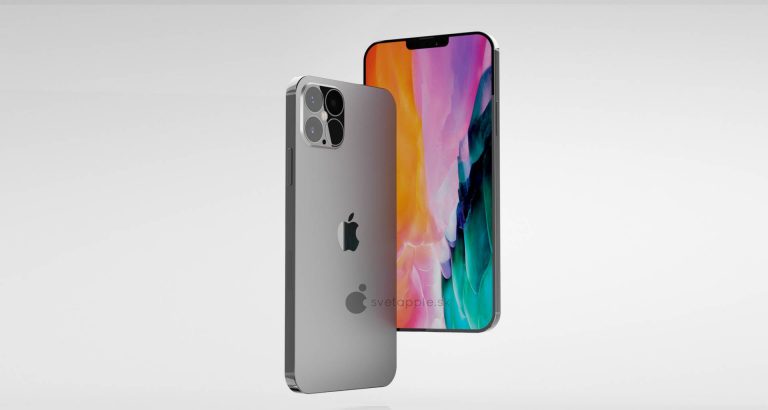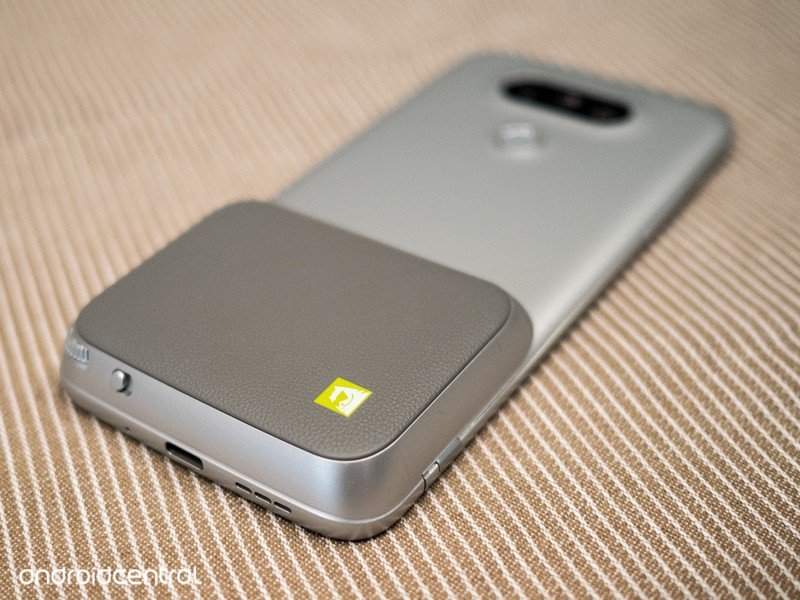A modular iPhone is a better choice for the environment

There's no question the largest tech companies in the world are greener than ever before. To better protect the environment, companies like Apple have long embraced lowering emissions by switching over to clean energy and decreasing overall energy use. At the same time, many have increased the use of recycled materials in new devices while also eliminating harmful chemicals like mercury and PVC.
Taking these steps has benefited all of us while costing the companies millions each year. Much more needs to be done, however. Unfortunately, the next steps won't be easy and will require not just a commitment from tech leaders, but also consumers. One idea Apple should consider in its never-ending quest to being more green is to rethink the iPhone by making it modular.
It's about iPhone
From 2007 to 2018, around 2.2 billion iPhones were sold. In 2018 alone, over 212 million units were delivered to users. At some point, every one of those phones makes its way into a landfill or recycling container. Hoping it's the latter, Apple has taken two broad initiatives to lessen the strains on the environment.
First, it's using more recyclable materials in its products across the board. Among these are recycled aluminum, tin, cobalt, gold, copper, and other metals. It's also using disassemble robots to take iPhones apart to acquire some of those materials. Unfortunately, this is an incredibly slow process.
By offering swappable (modular) parts, Apple could continue to sell millions of "new" iPhones each year but do so by relying on fewer new materials being produced.
According to Apple's most recent environmental report, the robots can disassemble only 200 iPhones per hour. To put this into perspective, if every iPhone sold in 2018 was suddenly ready for recycling, it would take over 44,000 days to get the job done, or 120 years!
Beyond this, the company says it's committed to making "long-lasting products by designing highly durable hardware, creating a broad network of repair providers, and ensuring software compatibility with older models."
These steps sound good, but don't specifically address the gigantic digital elephant in the room. Each year, millions of new iPhones are sold, and there's no way recycling alone can keep up with demand. Instead, Apple (like everyone else) continues to rely on mining for new materials. In other words, despite its best intentions, Apple's very existence continues to hurt the planet, one iPhone at a time.
Master your iPhone in minutes
iMore offers spot-on advice and guidance from our team of experts, with decades of Apple device experience to lean on. Learn more with iMore!
What more can be done?
Looking ahead, Apple could limit the number of iPhones sold or speed up the recycling process. Both of these choices are unrealistic and not nearly as innovative as a third option. Rather than produce millions of new iPhones each year, the company could create handsets made up of removable parts that are easy to swap out as technology changes.
For example, this year's "iPhone 12" series is likely to feature larger displays with improved cameras and updated internals. These improvements are incremental, at best. Still, with history as a guide, the changes will be more than enough to convince millions of current iPhone users to make the switch. Many who will currently own an iPhone 11 series smartphone, even though little will have changed year-over-year.

Now imagine a future where Apple releases both a new iPhone and an upgrade pack. The latter would contain individual components such as an updated chip or camera system, for example, to make it more like the newer one. By offering swappable parts, Apple could continue to sell millions of "new" iPhones each year but do so by relying on fewer new materials being produced.
The modular smartphone concept isn't new. However, past attempts focused on offering add-on modules that provided additional functions. The 2016 Moto Z and LG G5, for example, didn't offer base components you could swap out. Closer to the concept I suggested above is the Fairphone 3, which is constructed out of seven modules, making it easier to repair than most smartphones. Among the removable parts are the motherboard, chip, RAM, and storage.
Summary and questions
There's little indication Apple is moving in the direction of modularization for iPhone. However, a recent rumor suggests new headphones are coming that could feature replaceable parts. If correct, this would be an important step towards Apple making products "built to last as long as humanly possible," which is another one of its many green goals.
Would you buy a modular iPhone? Let us know your thoughts below.

Bryan M. Wolfe has written about technology for over a decade on various websites, including TechRadar, AppAdvice, and many more. Before this, he worked in the technology field across different industries, including healthcare and education. He’s currently iMore’s lead on all things Mac and macOS, although he also loves covering iPhone, iPad, and Apple Watch. Bryan enjoys watching his favorite sports teams, traveling, and driving around his teenage daughter to her latest stage show, audition, or school event in his spare time. He also keeps busy walking his black and white cocker spaniel, Izzy, and trying new coffees and liquid grapes.
